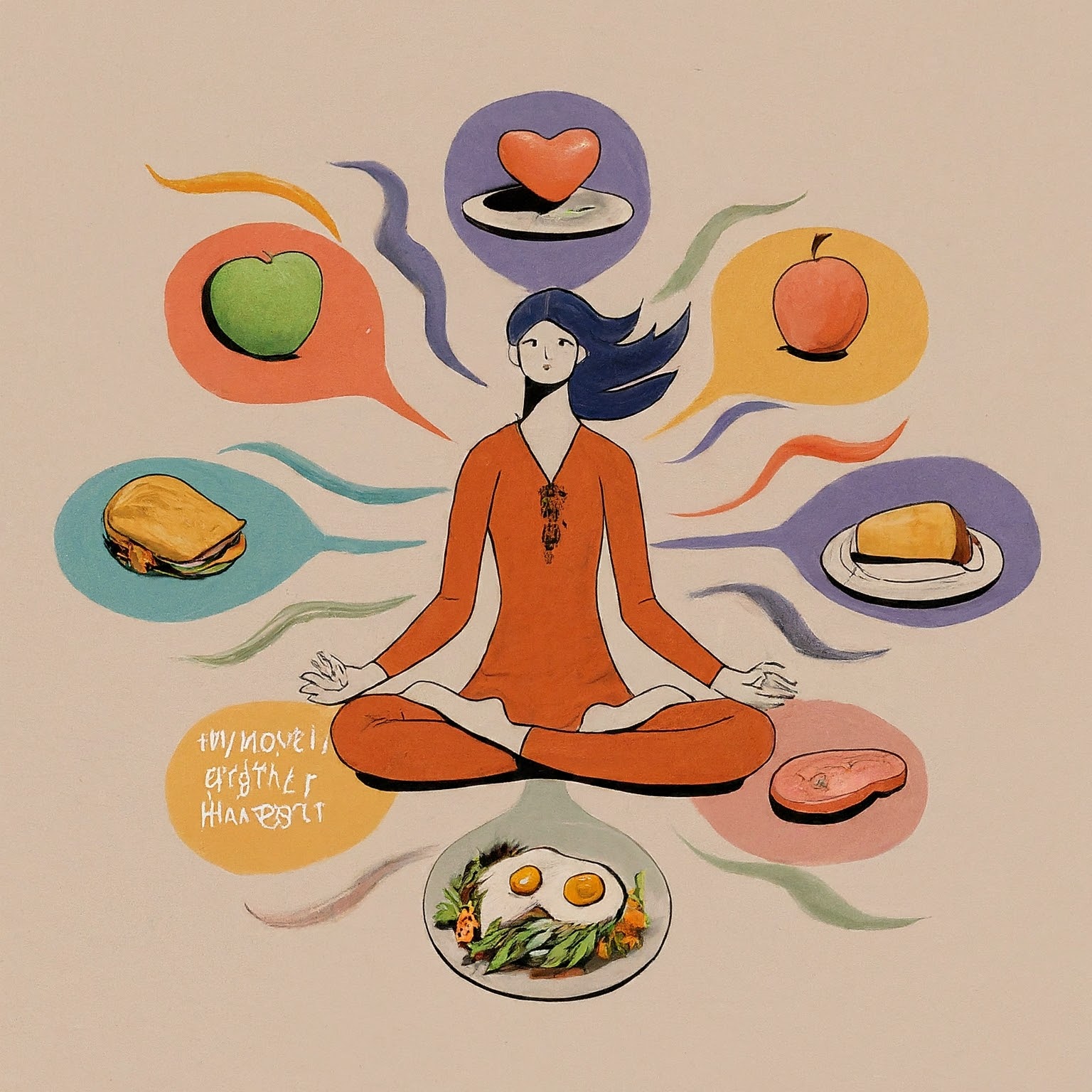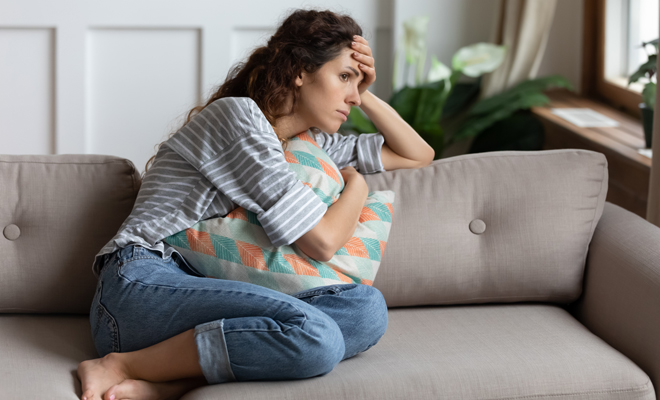Are you constantly feeling overwhelmed and anxious in your day-to-day life? You’re not alone. Many people struggle with managing their anxiety, but there are effective coping strategies that can help. In this article, we will explore top coping strategies to help you navigate through the challenges of anxiety and find peace in your everyday life. Whether it’s practicing mindfulness, engaging in physical activity, or seeking professional help, there are various techniques that can make a significant difference in managing your anxiety levels. Keep reading to learn more about how you can take control of your anxiety and live a more balanced life.
Table of Contents
Understanding Anxiety
Anxiety is a natural response to stress and can be a normal part of life. However, when anxiety becomes excessive and uncontrollable, it can interfere with daily activities and impact overall well-being. Understanding anxiety is crucial in developing effective coping strategies to manage it.
Types of Anxiety Disorders
There are several types of anxiety disorders, including generalized anxiety disorder, panic disorder, social anxiety disorder, and specific phobias. Each type of anxiety disorder has its own unique symptoms and triggers, but they all share a common thread of excessive worry and fear.
Causes of Anxiety
The exact causes of anxiety disorders are not fully understood, but a combination of genetic, environmental, and psychological factors may play a role. Stressful life events, trauma, and a family history of anxiety disorders can also contribute to the development of anxiety.
Symptoms of Anxiety
Symptoms of anxiety can vary from person to person but commonly include feelings of worry, restlessness, irritability, muscle tension, and difficulty concentrating. Physical symptoms such as rapid heartbeat, sweating, trembling, and shortness of breath may also accompany anxiety.
By understanding the different types of anxiety disorders, their potential causes, and common symptoms, individuals can better recognize and address their anxiety. Developing coping strategies tailored to individual needs can help manage anxiety and improve overall quality of life.
Healthy Coping Mechanisms
When it comes to managing anxiety in everyday life, it’s important to have healthy coping mechanisms in place. Here are some effective strategies to help you navigate through stressful situations:
Exercise and Physical Activity
Engaging in regular exercise and physical activity is a great way to relieve stress and reduce anxiety. Exercise releases endorphins, which are known as the “feel-good” hormones that can improve your mood and overall well-being. Whether it’s going for a run, practicing yoga, or simply taking a brisk walk, incorporating physical activity into your daily routine can have a positive impact on your mental health.
Mindfulness and Meditation
Practicing mindfulness and meditation can help you stay present and focused, reducing feelings of anxiety and overwhelm. By taking a few moments each day to quiet your mind and focus on your breathing, you can learn to manage your stress levels more effectively. Mindfulness techniques can also help you develop a greater sense of self-awareness and control over your emotions.
Healthy Eating Habits
Maintaining a balanced and nutritious diet is essential for both your physical and mental well-being. Certain foods, such as those high in sugar and caffeine, can exacerbate feelings of anxiety and stress. On the other hand, incorporating foods rich in omega-3 fatty acids, magnesium, and vitamin B into your diet can help regulate your mood and reduce anxiety levels. Remember to stay hydrated and fuel your body with whole, nutrient-dense foods to support your mental health.
Incorporating these healthy coping mechanisms into your daily routine can help you manage anxiety more effectively and improve your overall quality of life.
Professional Help and Support
When it comes to managing anxiety in everyday life, seeking professional help and support can be incredibly beneficial. There are a variety of options available to individuals looking to address their anxiety with the help of a trained professional.
Therapy and Counseling
Therapy and counseling are common forms of professional help for managing anxiety. By working with a therapist or counselor, individuals can learn coping strategies, identify triggers, and work through underlying issues that may be contributing to their anxiety. Cognitive-behavioral therapy (CBT) is a particularly effective form of therapy for anxiety, as it helps individuals change negative thought patterns and behaviors.
Medication
In some cases, medication may be recommended as part of a treatment plan for managing anxiety. Anti-anxiety medications, such as SSRIs or benzodiazepines, can help individuals manage symptoms of anxiety and improve their overall quality of life. It’s important to work closely with a healthcare provider to determine the best medication and dosage for your individual needs.
Support Groups
Support groups provide a safe space for individuals to connect with others who are experiencing similar challenges with anxiety. These groups can offer a sense of community, understanding, and encouragement. Whether in-person or online, support groups can be a valuable source of support and camaraderie for individuals managing anxiety in everyday life.
Mindfulness and Relaxation Techniques
In today’s fast-paced world, the importance of mindfulness and relaxation techniques cannot be overstated. These practices offer powerful tools for managing anxiety and promoting overall well-being. Here are some effective strategies:
1. Meditation
Meditation is a cornerstone of mindfulness practice. Whether it’s focused attention meditation, loving-kindness meditation, or mindfulness-based stress reduction (MBSR), regular meditation can help calm the mind, reduce stress, and increase self-awareness.
2. Deep Breathing Exercises
Deep breathing exercises, such as diaphragmatic breathing or box breathing, can activate the body’s relaxation response. By focusing on slow, deep breaths, individuals can alleviate tension and bring their attention to the present moment.
3. Progressive Muscle Relaxation (PMR)
PMR involves systematically tensing and relaxing different muscle groups in the body. This technique helps release physical tension and promotes a sense of relaxation. Regular practice can enhance body awareness and decrease muscle stiffness associated with stress.
4. Mindfulness-Based Activities
Engaging in mindfulness-based activities such as yoga, tai chi, or qigong can cultivate mindfulness while incorporating physical movement. These practices encourage a mind-body connection, fostering relaxation and reducing symptoms of anxiety.
5. Guided Imagery and Visualization
Guided imagery involves creating mental images or scenarios that evoke feelings of relaxation and calmness. Through visualization exercises, individuals can escape stressful thoughts and transport themselves to peaceful settings, promoting relaxation and stress relief.
Healthy Lifestyle Habits for Stress Reduction
In addition to mindfulness and relaxation techniques, adopting healthy lifestyle habits is essential for managing anxiety and reducing stress levels. Incorporate the following practices into your daily routine to support your mental and physical well-being:
1. Regular Exercise
Physical activity has numerous benefits for mental health, including stress reduction and mood enhancement. Aim for at least 30 minutes of moderate exercise most days of the week to experience the mood-boosting effects of physical activity.
2. Balanced Nutrition
Maintaining a balanced diet rich in fruits, vegetables, whole grains, and lean proteins provides essential nutrients that support overall health and well-being. Limiting the intake of caffeine, sugar, and processed foods can help stabilize mood and energy levels.
3. Quality Sleep
Prioritize sleep hygiene practices to ensure restorative and restful sleep. Establish a consistent sleep schedule, create a relaxing bedtime routine, and optimize your sleep environment to promote quality sleep. Sufficient rest is crucial for managing stress and anxiety effectively.
4. Stress-Relieving Activities
Engage in activities that bring joy and relaxation, such as hobbies, spending time in nature, or listening to music. Taking breaks and engaging in pleasurable activities can help recharge your batteries and alleviate stress.
5. Establishing Boundaries
Setting boundaries in both personal and professional life is essential for maintaining balance and reducing stress. Learn to say no to commitments that overwhelm you and prioritize activities that align with your values and well-being.
Final Thoughts:
Managing anxiety in everyday life requires a combination of self-awareness, mindfulness, and practical coping strategies. By incorporating techniques such as deep breathing, exercise, and positive self-talk, individuals can effectively reduce their anxiety levels and improve their overall well-being. It is important to remember that everyone’s journey with anxiety is unique, so it may take some trial and error to find the strategies that work best for each individual. With dedication and persistence, however, it is possible to overcome the challenges of anxiety and lead a more balanced and fulfilling life.
FAQs:
What are coping strategies for anxiety?
Coping strategies for anxiety are techniques and practices designed to help individuals manage and alleviate feelings of stress, worry, and fear in their everyday lives. These strategies can include mindfulness exercises, deep breathing techniques, physical activity, and seeking support from friends, family, or professionals.
How do coping strategies help with anxiety?
Coping strategies provide individuals with practical tools to better navigate and cope with the challenges and triggers that contribute to their anxiety. By incorporating these techniques into their daily routine, individuals can develop resilience, reduce the impact of anxiety symptoms, and improve overall well-being.
Are coping strategies for anxiety effective for everyone?
Coping strategies for anxiety can be highly effective for many individuals, but their effectiveness may vary depending on factors such as the severity of anxiety symptoms, individual preferences, and personal circumstances. It’s essential to explore different strategies and find what works best for each individual.
How can I incorporate coping strategies into my daily routine?
Incorporating coping strategies into your daily routine involves identifying which techniques resonate with you and finding opportunities to practice them regularly. This might involve setting aside time for mindfulness meditation, scheduling regular exercise sessions, or establishing a support network of friends and family.
When should I seek professional help for managing anxiety?
While coping strategies can be beneficial for managing mild to moderate anxiety, it’s essential to seek professional help if anxiety symptoms significantly interfere with daily functioning, persist over time, or lead to distressing physical or psychological symptoms. A mental health professional can provide personalized treatment and support tailored to your needs.
Can coping strategies for anxiety be used in conjunction with therapy or medication?
Yes, coping strategies for anxiety can complement therapy and medication as part of a comprehensive treatment plan. Many individuals find that combining coping strategies with therapy or medication enhances their overall management of anxiety symptoms and improves their quality of life. It’s essential to discuss any coping techniques with your healthcare provider to ensure they align with your treatment plan.







